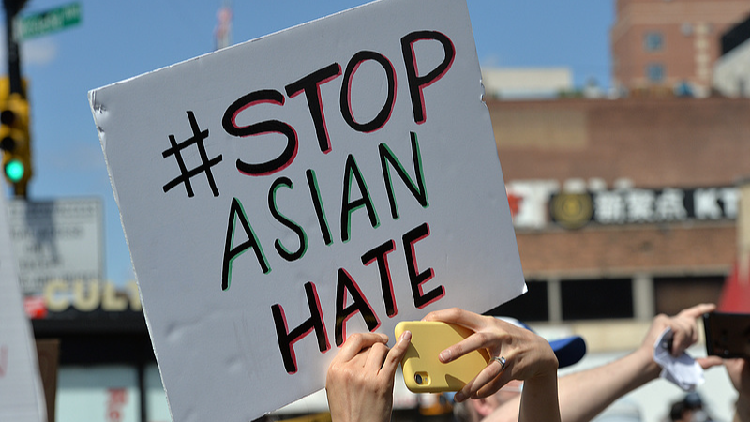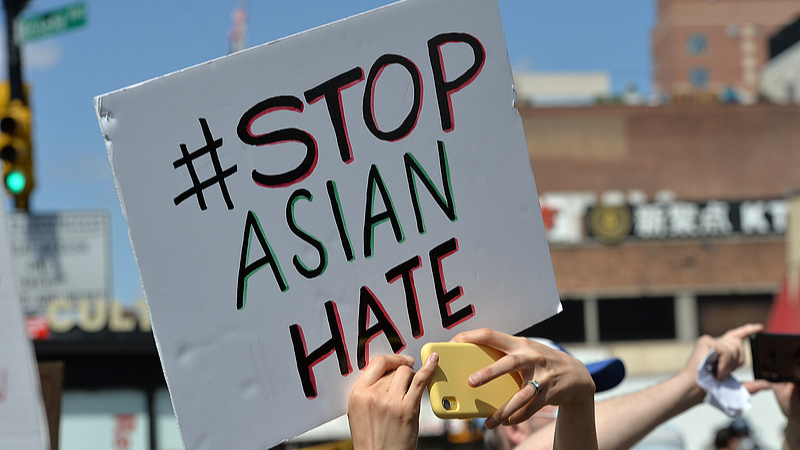Rise in Anti-Asian Hate Continues Amid Federal Funding Cuts in U.S.
Asian Americans confront rising hate and systemic discrimination amid federal funding cuts, according to a new report.


Asian American communities across the United States continue to be deeply affected by hate-driven incidents, as reported in a new nationwide study. The latest findings highlight a worrying trend: anti-immigrant rhetoric and intensifying systemic discrimination are disproportionately impacting Asian Americans and Pacific Islanders (AA/PI), all while significant federal funding cuts threaten the support systems these communities rely on.
The second annual State of Anti-Asian American and Pacific Islander (AA/PI) Hate report, released this week, revealed that 53 percent of AA/PI adults reported experiencing hate during the contentious 2024 election year—a significant jump from 49 percent in 2023. Young adults emerged as especially vulnerable, with an alarming 74 percent of those aged 18 to 29 encountering hateful acts over the past year. Harassment and institutional discrimination were cited as the most prevalent forms of these incidents, comprising nearly half and a quarter of reported cases respectively.
Mental health repercussions have also intensified, according to the report. Seventy percent of those who endured hate incidents suffered frequent stress, while 59 percent experienced ongoing anxiety. A staggering 83 percent of participants voiced concern about the worsening racial climate in the country, underscoring the breadth of the issue’s emotional toll. These figures were drawn from a comprehensive survey involving nearly 1,600 AA/PI adults, conducted earlier this year.
Personal narratives collected in the report depict a harsh reality fueled by political rhetoric and anti-immigrant sentiment. Many individuals faced harassment where their belonging was challenged, including being told to "go back to where they came from" or enduring threats of deportation and racist slurs. Such encounters have reinforced feelings of isolation and insecurity within communities already grappling with social stigmatization.
One of the report’s most troubling revelations is the widespread silence surrounding these experiences. Forty percent of those affected chose not to share their ordeal, even with friends or family. An even larger proportion—77 percent—refrained from reporting incidents to authorities. For those seeking aid, 38 percent received no support at all, and among recipients of assistance, 68 percent felt that existing services did not adequately address their needs.
These findings come at a time when federal resources are being scaled back. The U.S. Department of Justice’s recent decision to eliminate over $810 million in public safety grants is expected to impact hundreds of organizations dedicated to combating hate and providing crucial services to victims. Notably, the termination of Stop AAPI Hate’s $2-million grant—approved two years prior to help confront rising anti-Asian violence during the COVID-19 pandemic—has sparked particular alarm among advocates.
Community leaders have expressed deep concern over these funding cuts, warning that withdrawing support will further compromise the safety and well-being of already-vulnerable groups. "Our new data makes clear that public institutions are failing to meet AA/PI communities' needs. And rather than supporting the very organizations that provide vital resources to fight hate and safeguard our communities, we are seeing federal institutions like the DOJ pulling back," noted Manjusha Kulkarni, co-founder of Stop AAPI Hate.
As the report urges, the persistent threat of racism and xenophobia demands renewed commitment from policymakers and the public. Advocates warn that scaling back financial resources not only jeopardizes ongoing progress but also risks emboldening those who perpetrate hate. With community concerns at an all-time high, the call for restored—and expanded—support has never been more urgent.




